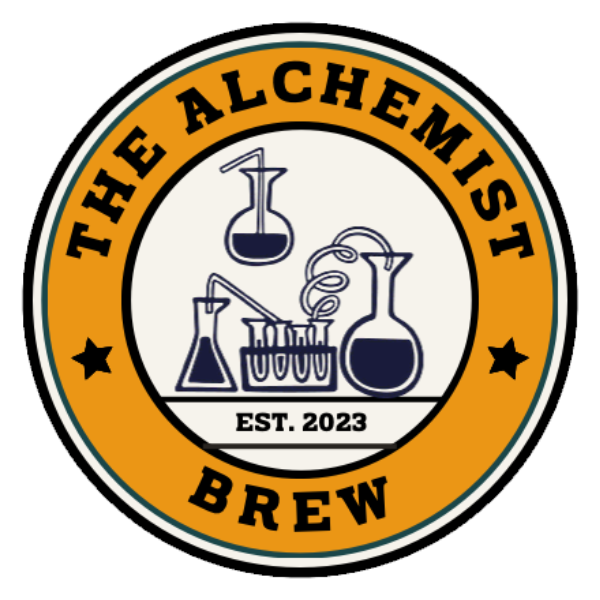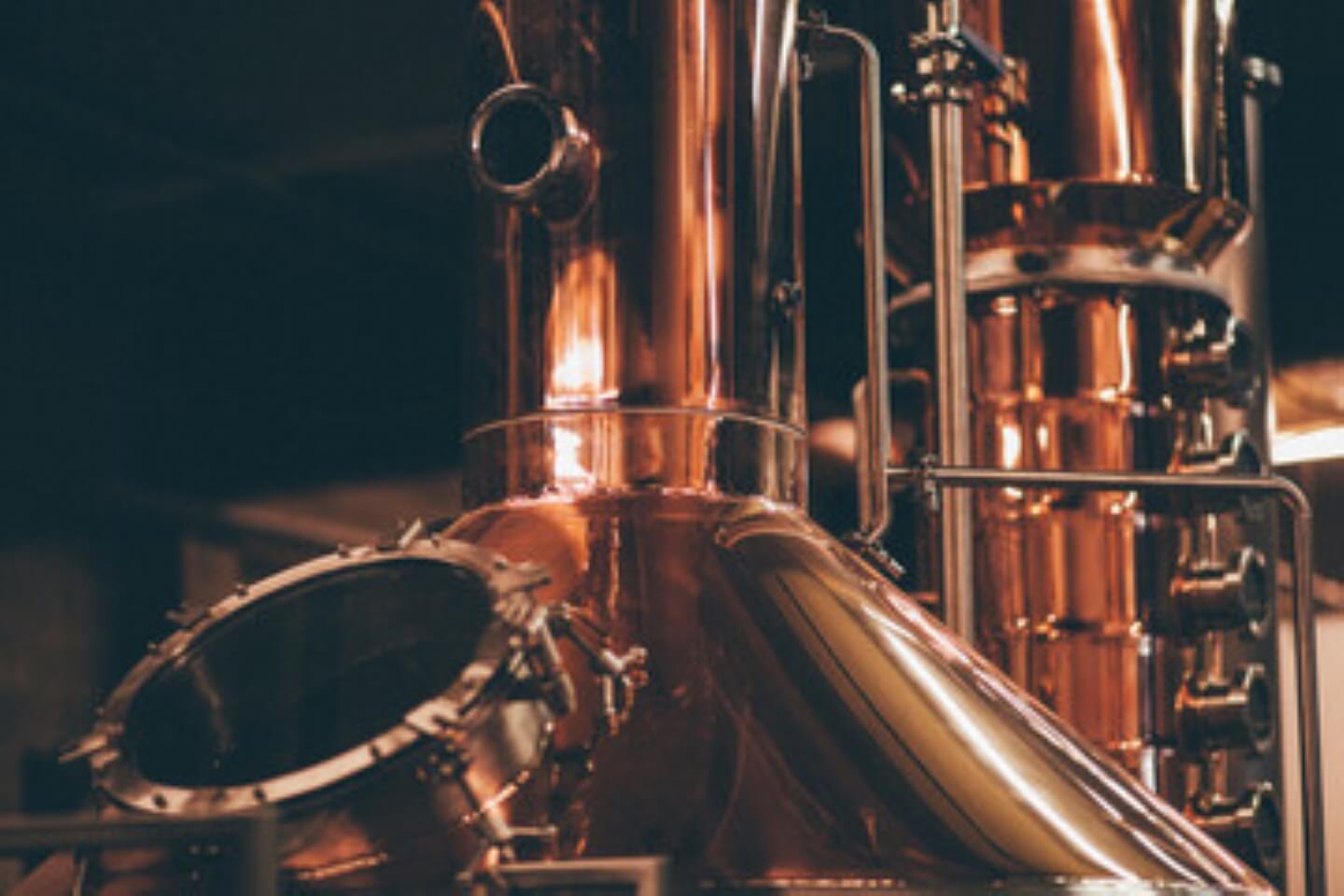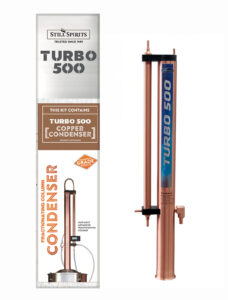Introduction
Distillation is an ancient practice that has evolved into a precise and scientific art. Among the various distillation setups, the T500 still column stands out for its efficiency and versatility. Whether you’re a novice home distiller or an experienced enthusiast, understanding the intricacies of operating the T500 still column and the nuances of temperature control is essential for producing high-quality spirits. In this blog post, we’ll delve into the ideal operating temperature for the T500 still column, explore the distinctions between the “heads,” “hearts,” and “tails” fractions, and compare the benefits of using stainless steel and copper components.
The Ideal Operating Temperature
The T500 still column, a popular choice for both beginners and experienced distillers, is designed for efficiency and ease of use. One crucial aspect of its operation is temperature control. The ideal temperature for running the T500 still typically falls within the range of 78°C to 82°C (172°F to 180°F), however the column itself should be running between 55°C to 65°C at this temperature you should start to see the alcohol coming out of the column at a slow trickle. This range helps ensure a proper separation of the various components in the distillate, resulting in a clean and flavourful end product.
Maintaining a consistent temperature within this range is vital to prevent undesirable compounds from entering the final product. The boiling points of different compounds in the wash, such as alcohol, water, and volatile impurities, vary. By operating within the recommended temperature range, you can achieve a balance between capturing desirable flavours and aromas while excluding unwanted impurities.
Understanding Heads, Hearts, and Tails
During the distillation process, the T500 still column separates the liquid mixture into three main fractions: heads, hearts, and tails. Each fraction contains distinct compounds that contribute to the final character of the spirit:
- Heads: The initial fraction that is collected contains volatile compounds with lower boiling points. These compounds include methanol and other potentially harmful substances. Heads are usually discarded or collected separately and used for cleaning or other non-consumable purposes.
- Hearts: The hearts fraction is the core of the distillate and contains the desired ethanol along with flavourful compounds. This fraction represents the purest and highest-quality portion of the distillate, contributing to the spirit’s taste, aroma, and overall quality.
- Tails: As the distillation progresses, the tails fraction contains heavier compounds with higher boiling points. While tails may contain some desirable flavours, they can also introduce off-flavours and harshness to the spirit. Collecting tails requires careful consideration and often results in a less desirable end product.
By carefully monitoring the temperature and collecting the fractions separately, you can ensure that the heads, hearts, and tails are appropriately managed to achieve the desired characteristics in the final spirit.
Stainless Steel vs. Copper
Both stainless steel and copper are popular choices for constructing distillation equipment, including the T500 still column. Each material offers unique advantages:
Stainless Steel:
- Stainless steel is durable, corrosion-resistant, and easy to clean.
- It has a smooth surface that minimizes the risk of impurities adhering to the column, making it easier to maintain hygiene and cleanliness.
Copper:
- Copper is an excellent conductor of heat, allowing for efficient temperature control and heat distribution during distillation.
- It has natural catalytic properties that can help remove unwanted sulfur compounds and enhance the overall quality of the distillate.
- Copper interacts with the distillate, contributing to smoother flavours and a refined character in the final product.
While both materials are suitable for distillation, the choice between stainless steel and copper often comes down to personal preference and the specific qualities you aim to achieve in your spirits. Some distillers even opt for hybrid setups that combine both stainless steel and copper components to capitalize on the benefits of both materials.
Conclusion
Mastering the art of distillation with the T500 still column involves careful temperature control, fraction collection, and material selection. By adhering to the recommended temperature range, understanding the differences between heads, hearts, and tails, and considering the advantages of stainless steel and copper, you can produce spirits of exceptional quality. Whether you’re crafting your favourite whiskey, vodka, or other spirits, the T500 still column provides a reliable and efficient platform for achieving your distillation goals. Remember that experimentation, attention to detail, and a commitment to refining your techniques will ultimately lead to the creation of spirits that delight the senses and satisfy the palate.
https://thealchemistbrew.com.au/product/still-spirits-copper-t500-condenser/





